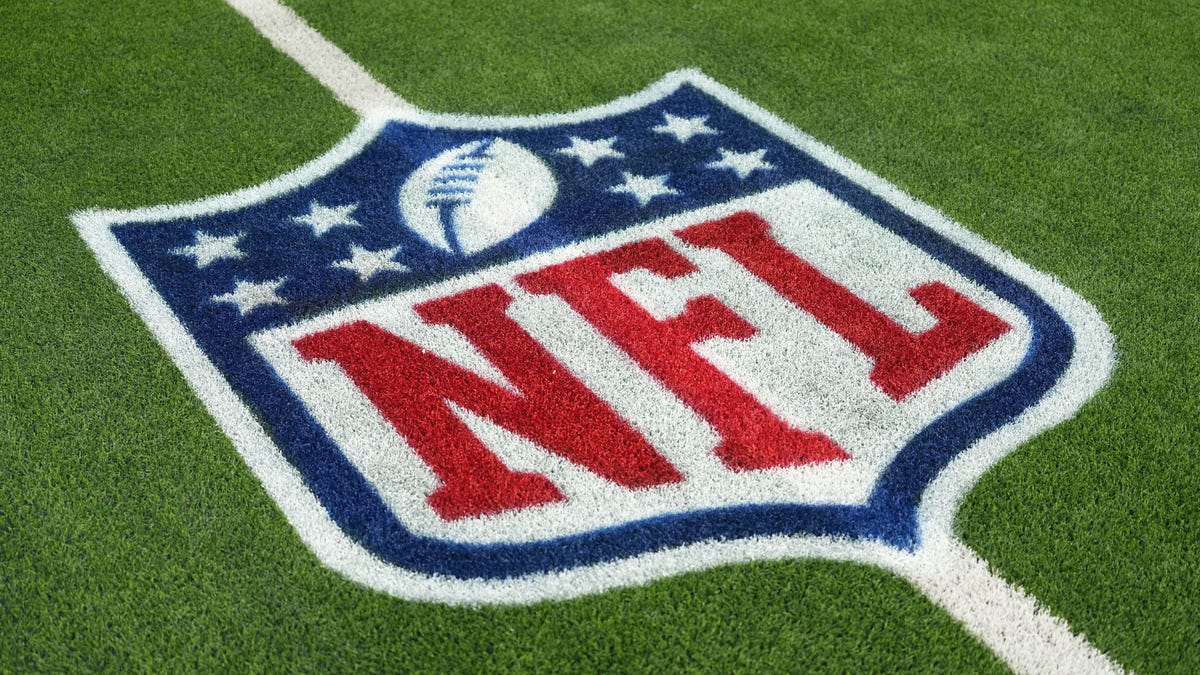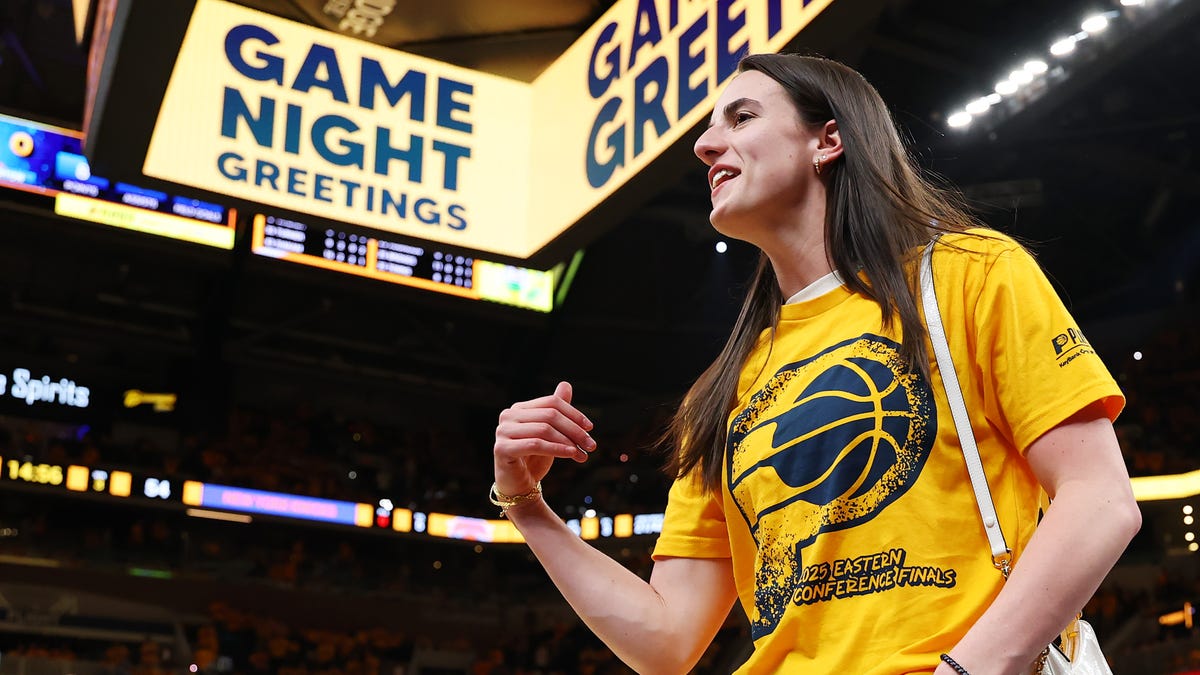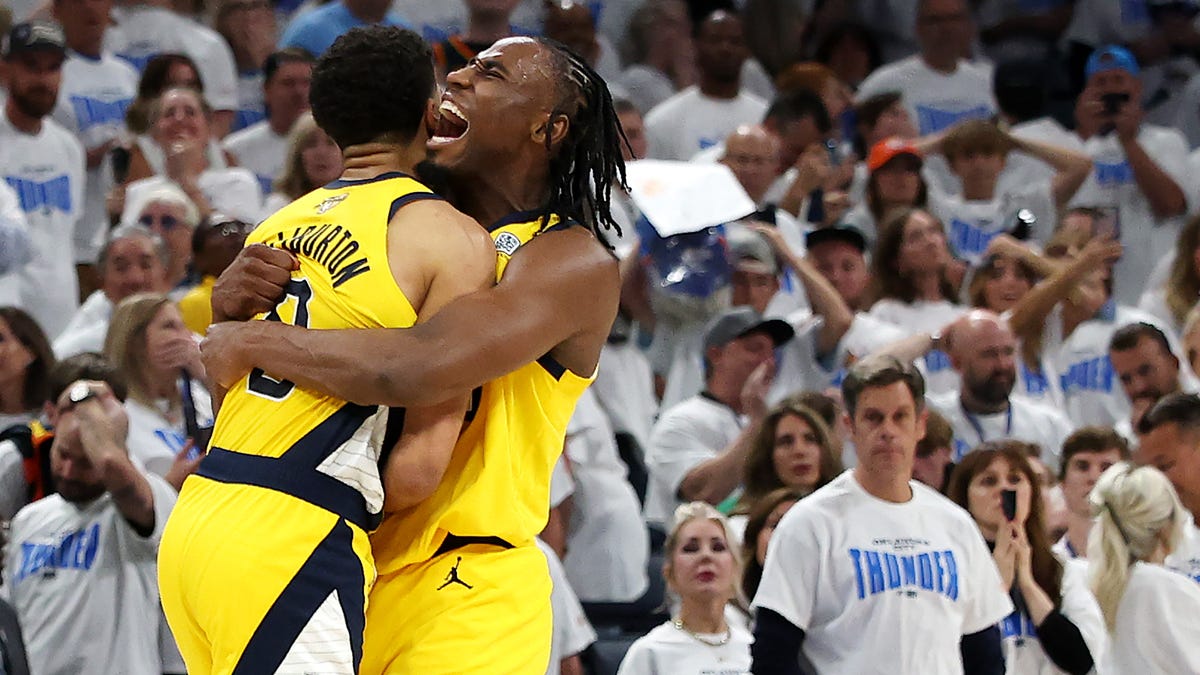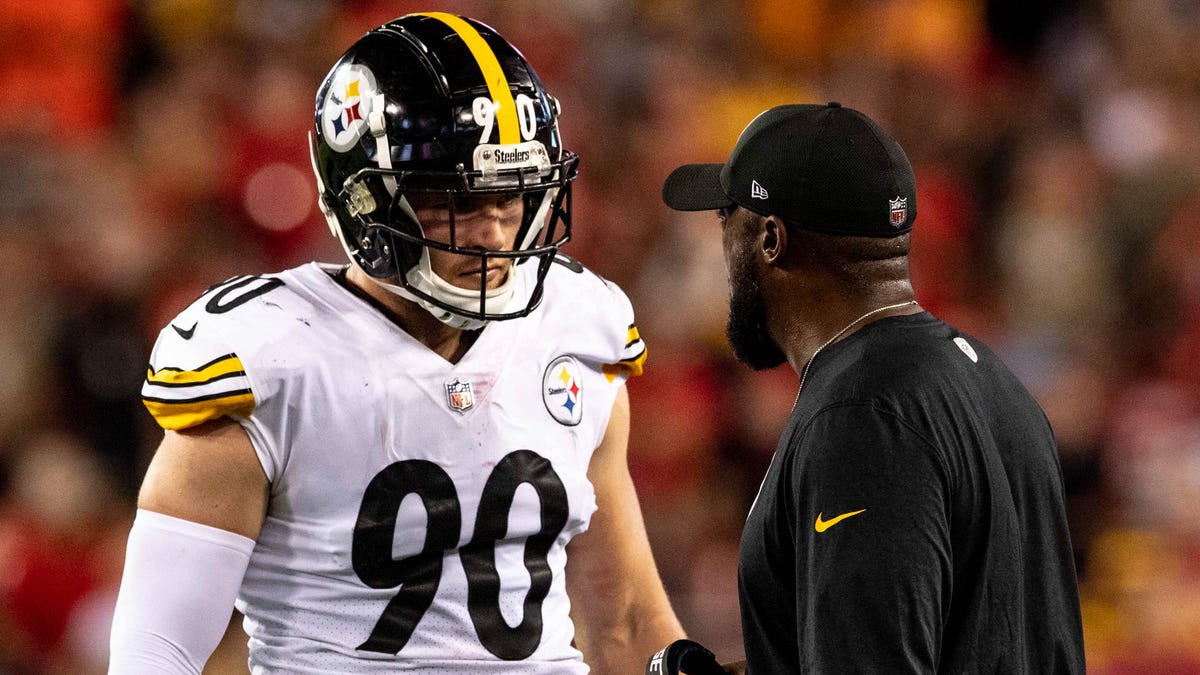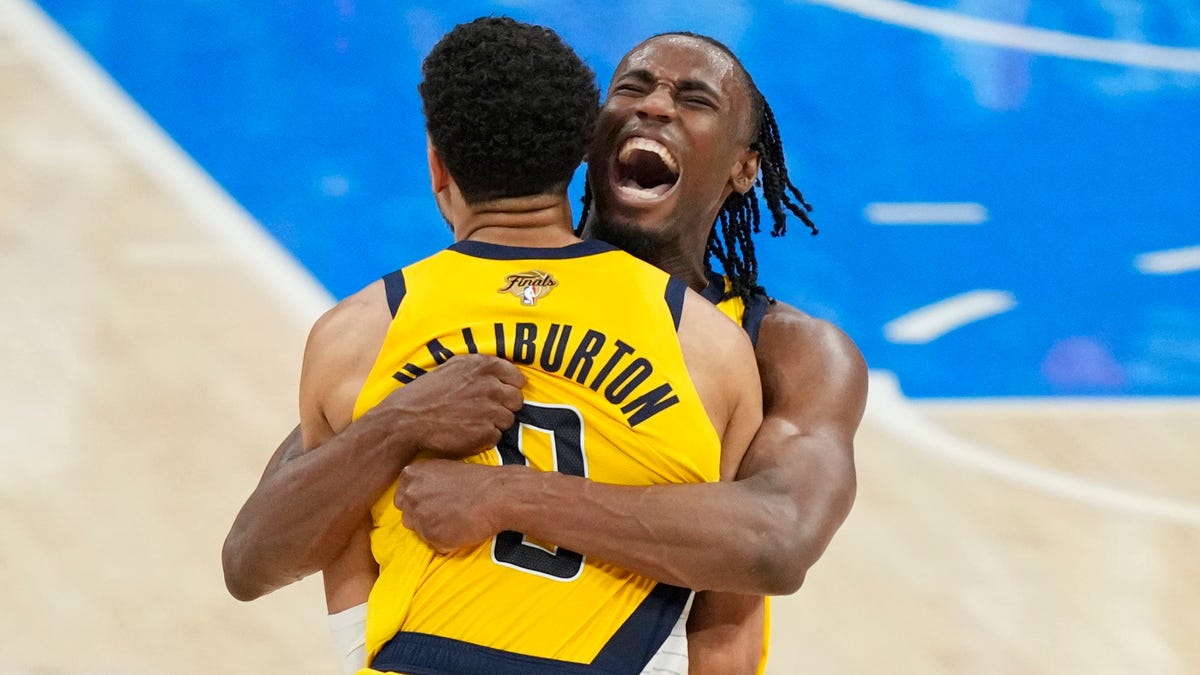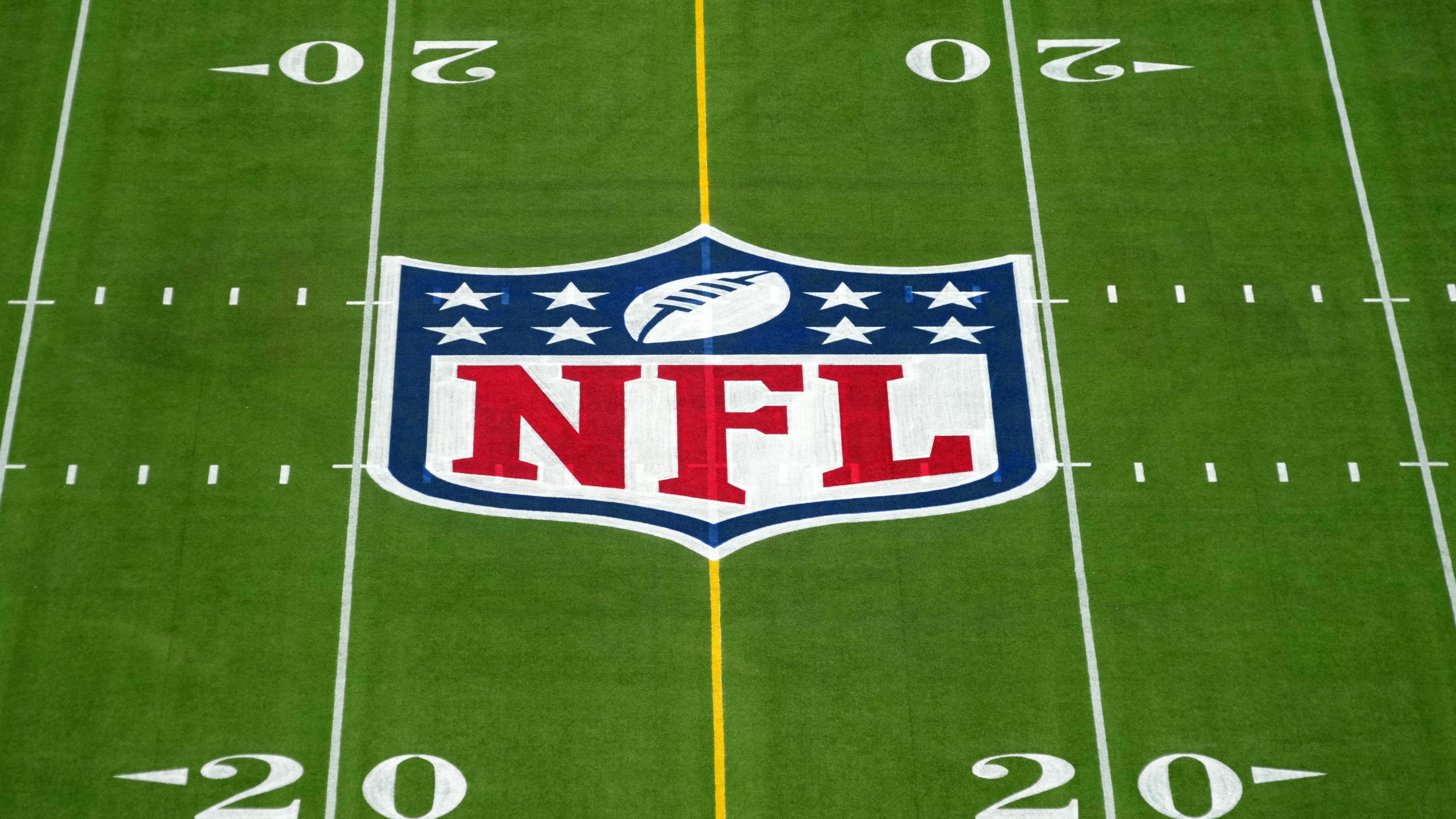
NFL players can now partake in Olympic flag football
Olympic flag football, which will make it’s debut at the 2028 summer games, just got bumped up a level after the NFL agreed to let its players partake.
Sports Pulse
The NFL is unmatched when it comes to, well, pretty much everything.
Hypocrisy included.
The NFL announced Wednesday that it is partnering with the International Center for Responsible Gaming for research into gambling by college students and athletes. The NFL is also giving the ICRG money so the group can update educational materials designed to prevent gambling by kids.
“This initiative reflects our ongoing commitment to promoting responsible gambling and fostering a safe and supportive environment for athletes, fans, and communities,” Anna Isaacson, the NFL’s senior vice president of social responsibility, said in a release.
Take a minute and let all that sink in. Maybe read it again.
Then feel free to beat your head against the wall.
The NFL, the league that has partnerships with FanDuel, DraftKings, Caesars and other gaming companies and last year held the Super Bowl in Las Vegas – and this year at an arena whose naming rights belong to a gaming company – is concerned about the harmful effects of gambling.
Even if the end result of this partnership with ICRG is admirable and worthwhile, this is akin to an arsonist providing fire prevention tips. The NFL can’t wring its hands and express concern that teenagers and young 20-somethings, whose brains are still developing, are becoming problem gamblers when it is helping to lead them down that pathway.
When you contribute to the harm, you don’t get credit for trying to limit its impact.
“Yes, there is some hypocrisy there. That being said, it’s not nearly on the same level as the gambling companies themselves,” said Victor Matheson, an economist at Holy Cross who specializes in sports and gambling.
“The NFL does not need addicted gamblers,” Matheson said. “FanDuel and DraftKings do.”
The NFL is trying to have it both ways, however. It’s just fine taking the money from FanDuel and DraftKings and Caesars and BetMGM and … well, you get the picture. It’s OK with allowing those companies to use their relationship with the NFL to encourage more people to bet and to bet more. Yet it acts as if it hasn’t played a role in fueling a culture in which sports betting has become normalized, and young people, boys in particular, are gambling at younger and younger ages.
There was a time when the NFL could take the moral high ground on this issue. For years, in fact, NFL commissioner Roger Goodell was hypervigilant about the league avoiding even the appearance of an association with gambling. He sent strongly worded letters to any state that tried to do an end-around the NFL’s gaming prohibitions, and the league refused an ad from the Las Vegas Convention and Visitors Authority during the Super Bowl in 2003.
Goodell even forced Tony Romo, then the Dallas Cowboys quarterback, to cancel a fantasy football convention in Las Vegas in 2015.
All that changed in 2018, when a Supreme Court ruling effectively legalized gambling across the country. Now sports betting is legal in all but 11 states, according to the American Gaming Association, with 32 states allowing online and mobile sports betting.
Rather than standing its ground, the NFL realized there was money to be made and said, “The heck with principles!”
But while the NFL is getting paid, it’s ordinary people who are paying the price.
“We’ve seen gambling companies become a little more evil,” Matheson said, referring to the ease and pervasiveness of online betting. “It’s much more of an addictive product now.”
And the NFL is an active partner in that.
Ads for gaming companies are incessant during NFL broadcasts — I saw Kevin Hart so much this season, I almost felt as if he was part of my family — and some of its most famous alums are shilling for the sports books. DraftKings sponsors the NFL RedZone, the wildly popular whip-around show. Caesars has naming rights to the Superdome in New Orleans, home of the Saints and host of this year’s Super Bowl.
If the NFL thinks it’s “fostering a safe and supportive environment” related to gambling, it’s got a funny way of doing it.
There is a cautionary tale for the NFL and every other sports league that has cozied up to the gaming companies.
Sports and gambling have been intertwined in the United Kingdom for about half a century, to the point it is ubiquitous in the English Premier League. Ads for sports books are on the ribbon boards lining the fields, unavoidable for fans in the stands and watching on TV. Of the 20 teams in the EPL this season, 12 had a gaming company as its front-of-jersey sponsor.
But as concerns about problem gambling increased, drawing the attention of the UK government, the EPL announced it would prohibit front-of-jersey sponsors by gaming companies beginning with the 2026-27 season.
The same could happen in the United States, Matheson said.
“(The NFL) isn’t going to walk away from the money without an awfully good reason to do so,” he said. “But I think there is a real chance they will walk away from the money, or not squawk too loudly, when restrictions are placed upon them by state governments who want to restrict the worst excesses of the gambling companies.”
Maybe. But even if that happens, it will not diminish the harm the NFL did so willingly.
Follow USA TODAY Sports columnist Nancy Armour on social media @nrarmour.






